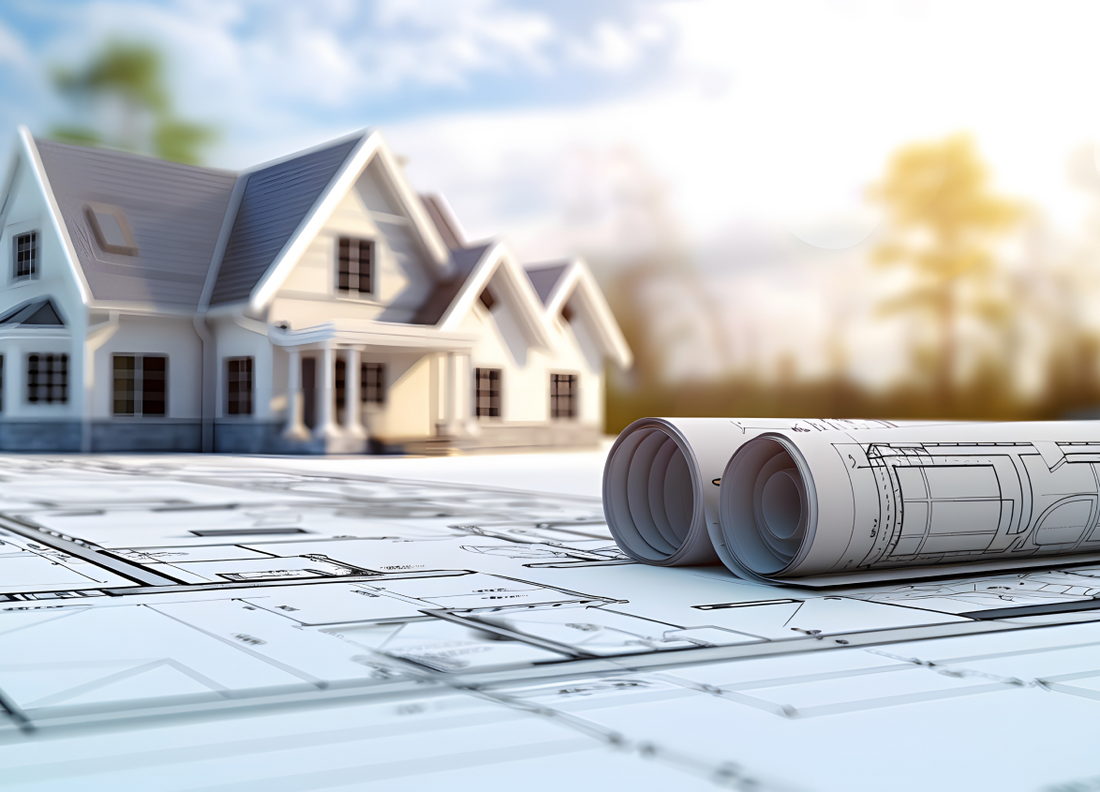
Brazil Real Estate Market Set for Steady Growth Amid Rising Demand and Technological Advancements
Share

The Brazil Real Estate market, is expected to reach USD 223 million with a compound annual growth rate CAGR of 3% by2030, according to new research by Next Move Strategy Consulting.
The main driving force behind the growth of the Brazil Real Estate market is the rising population across the country, which continues to increase demand for housing and infrastructure. As the population grows, the need for residential, office, and commercial spaces is surging, creating significant opportunities for developers and investors. By identifying these demographic trends, real estate stakeholders can make informed decisions about where to invest, which types of properties to develop, and how to tailor their offerings to meet the evolving needs of local communities.
Don't Miss Out! Get Your FREE Sample!
In addition to demographic factors, technological advancements are shaping the real estate market. The rise of online property platforms has transformed the way transactions are conducted. These digital marketplaces offer users a wide array of property listings with detailed information, including location, size, amenities, and pricing. Advanced search filters, virtual tours, and high-quality images allow users to efficiently explore properties from the comfort of their homes. These platforms also provide valuable market insights and trends, enabling buyers and sellers to make more informed decisions. Furthermore, users can create accounts to save their favorite listings, receive property alerts, and track their search history.
However, despite the positive growth projections, the market faces challenges. Government policies and regulations, including tax structures and zoning rules, along with economic uncertainties such as recessions, are the primary factors constraining the growth of the real estate sector. These factors influence property values, development opportunities, and investor confidence, requiring real estate professionals to adapt and strategize in response to these evolving dynamics, which can significantly impact the market’s trajectory.
On a positive note, the growing number of smart cities and sustainable development projects in Brazil presents a promising opportunity for the real estate market. These projects focus on creating tech-savvy, eco-friendly urban environments that enhance the quality of life for residents and provide additional value to real estate developments.
Conclusion: The Brazil Real Estate market is poised for steady growth, driven by demographic trends, increasing demand for infrastructure, and the rise of online platforms enhancing the transaction process. Although government regulations and economic uncertainties pose challenges, real estate professionals who adapt to these dynamics and incorporate sustainable, tech-forward solutions will be well-positioned to thrive. As smart cities and eco-friendly developments gain momentum, the future of Brazil's real estate sector looks promising for developers and investors who are ready to meet the evolving needs of the population.